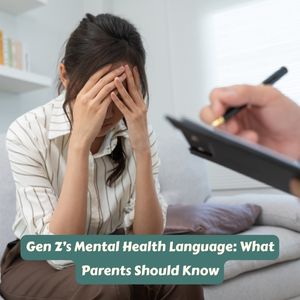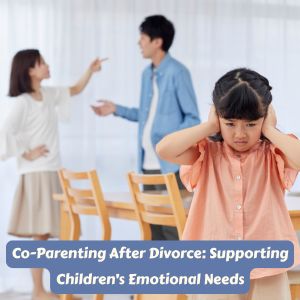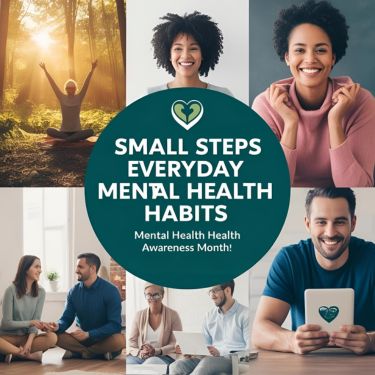From “triggered” and “trauma response” to “self-care” and “gaslighting,” Gen Z is rewriting how we talk about mental health.
Tag: Mental Health Therapy
What Is Self-Sabotage? Why We Get in Our Own Way
Self-sabotage is not a flaw in your character—it’s a defense mechanism built from fear, pain, or confusion.
Being Self-Aware vs. Being Selfish: Knowing the Difference
Self-awareness means recognizing your emotions, honoring your needs, and taking responsibility for your actions. Selfish, in contrast, means disregarding the impact of your actions on others.
Co-Parenting After Divorce: Supporting Children’s Emotional Needs
Divorce changes your family dynamic—but it doesn’t have to break your family apart. With empathy, structure, and support, co-parenting can become a space of healing, not conflict.
Intergenerational Trauma: How Family History Affects Mental Health
Intergenerational trauma refers to emotional and psychological wounds passed from one generation to the next.
Creating a Support Network: How Therapy Enhances Social Support
We’ll explore why social support matters, how therapy enhances one’s ability to create and maintain it, and how one can start building a support network that truly uplifts one.
How to Make the Most of Your Virtual Therapy Sessions
Virtual therapy offers flexibility, accessibility, and real results—especially when you take intentional steps to engage in the process.
Everyday Mental Health Habits (Mental Health Awareness Month)
May is here, and with it comes Mental Health Awareness Month, a time to reflect on the importance of mental health and the role it plays in our overall well-being.
Creating a Support Network: How Therapy Enhances Social Support
In this blog, we’ll explore why social support matters, how therapy enhances your ability to create and maintain it, and how you can start building a support network that truly uplifts you.
Mental Health and Parenting: How to Maintain Your Well-being as a Parent
In this blog, we’ll explore the importance of mental health for parents, discuss how to recognize when your mental health may be suffering, and offer practical strategies to maintain your well-being









